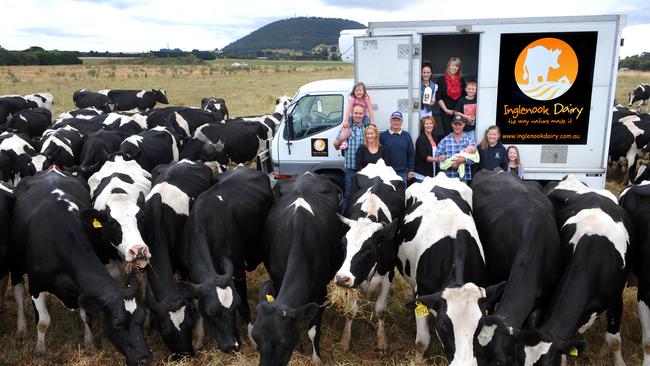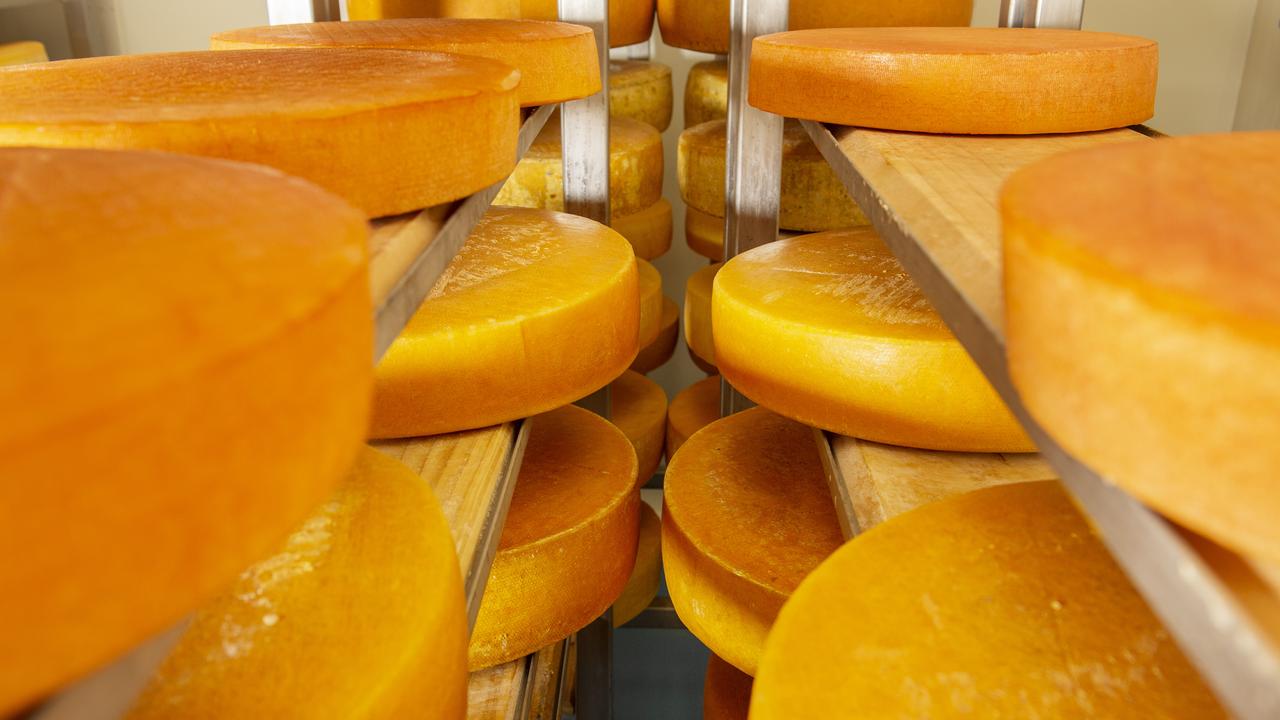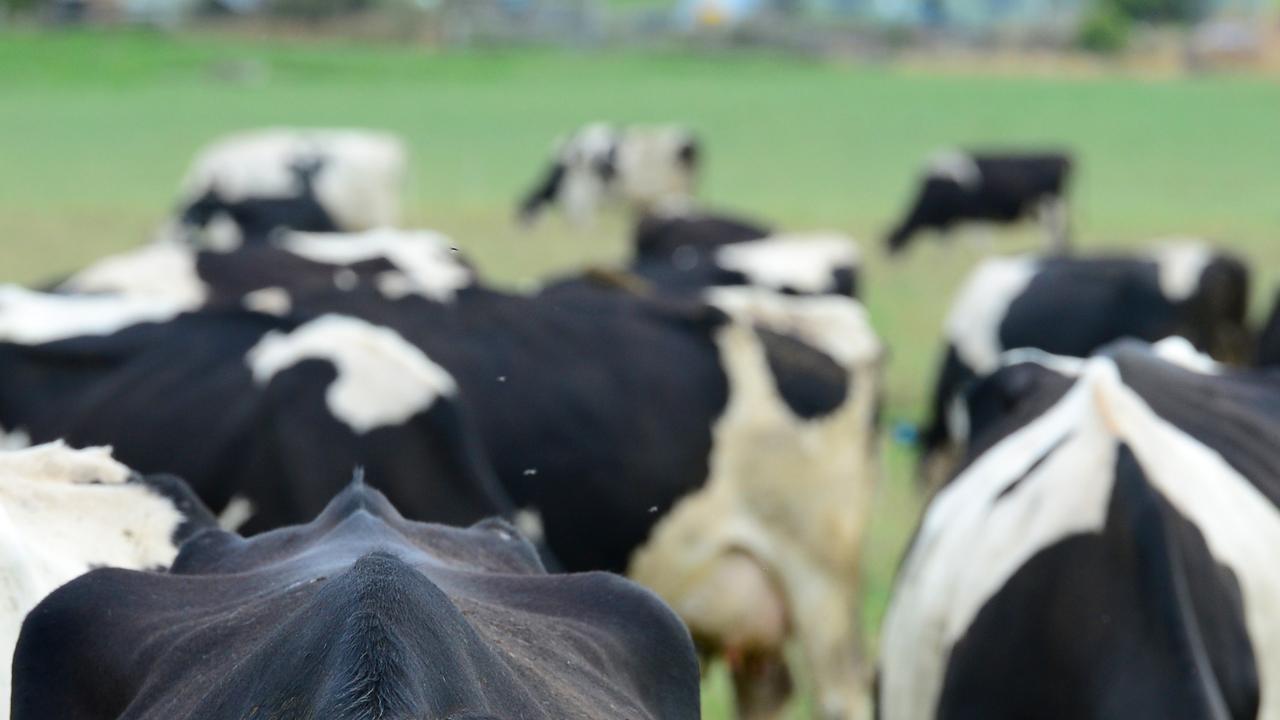Coronavirus business impact: regional Victorian cafes see decline in milk sales
Cafes around regional Victoria have seen a marked shift in consumption of milk since they were forced to operate as takeaway-only businesses a month ago.

A DRAMATIC drop in the way milk is consumed nationwide is forcing processors and cafe proprietors to radically alter the way they do business during the coronavirus-induced shutdown.
Cafes and eateries across regional Victoria have been forced to cut weekly milk consumption by half with government-enforced restrictions limiting coffee, tea and other sales to takeaway only for the foreseeable future.
Inglenook Dairy owner Troy Peterken said a community push to support local producers saved their business, which manufactures their own milk to distribute.
In the first week after cafe restrictions were announced, Inglenook’s milk supply demand dropped from 32,000 litres a week to 4500 litres.
“We dropped off 80 to 90 per cent overnight when they put the restrictions to the cafe and restaurant market,” Mr Peterken said.
“We lost about 20,000 litres just to the cafe market.
After a social media campaign and support from local retail business like Woolworths, Wilsons Fruit and Vegetables and Maxi Foods, Inglenook’s milk supply rose to about 22,000 litres the following week.
Mr Peterken said while their milk distribution volume has declined as a result of cafe and restaurant restrictions, the retail market had completely flipped their market supply.
“The retail space used to be about 10 per cent of our market and cafes were the rest,” he said.
“Now the cafes are about 5 to 10 per cent of our market and the retail is about 90 per cent of our sales, so we’ve done a complete flip.
Inglenook Dairy used to supply around 30 to 40 crates a week to Ballarat Woolworth stores. As of last week Inglenook supplied 180 crates to Woolworths and are set to supply up to 280 crates this week.
Mansfield Coffee Merchant owner Matt Picone said sales have declined 60 per cent to his coffee shop
He said their milk use has dropped markedly with business restricted to takeaway orders.
“We are probably down 50 per cent in milk volume orders,” Mr Picone said.
“We used to buy milk in 10 litre bladders for the cafe and we’ve had to stop buying those and purchase bottles now. Without the in-house customers naturally our sales have dropped.”
Leongatha cafe owner Emma Mulligan, who has owned and operated Number 9 Dream for nine years with her husband, has seen a similar decline in sales of about 50 per cent since moving to takeaway service.
“We usually buy our milk daily from the local supermarket and it’s probably dropped by about a third based on what we buy daily,” Mrs Mulligan said.
“We used to buy between 55 to 60 litres (of milk) per day and now we’re probably purchasing around 30 to 40 litres,” she said.
However, long-time business owner Bruach Colliton, who owns and operates The Roxburgh in Hamilton, said while sales loss with the reliance on takeaway service has been “a difficult time”, their milk turnover is up slightly.
“We’re not doing our mobile coffee events so our gross milk turnover is probably down but weekly milk turnover at the café is slightly up.
“But our milk suppliers are definitely feeling it. They were doing two or three deliveries (each week) but they just have one truck coming out once a week now.”


